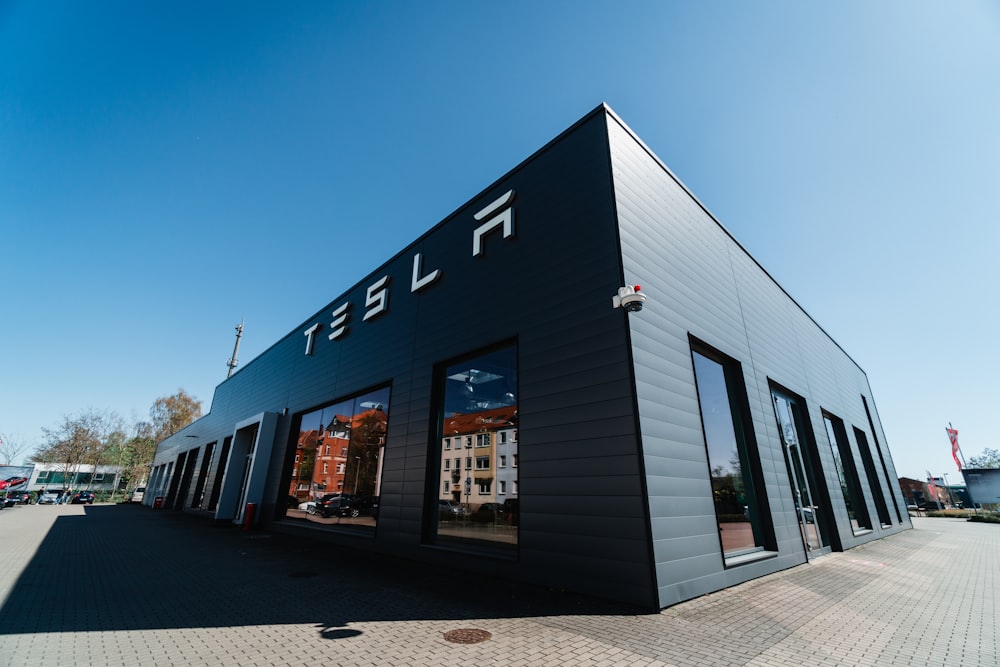A former worker at a California Tesla plant saw his monetary awards in a racial harassment lawsuit go from $137 million to $15 million to $3.2 million. But Owen Diaz, a former elevator operator at Tesla's Fremont, Calif., manufacturing plant, remains victorious in a suit against the EV maker.
Diaz was originally awarded $137 million on the basis of having endured a hostile work environment where racial slurs and racist graffiti in bathrooms were a regular occurrence, CNN reports. After that jury verdict, a U.S. district judge declared the amount excessive and gave Diaz the option of $15 million instead. Perhaps unwisely, Diaz opted to refuse the offer and ended up with one-fifth of what he could have walked away with. That can't have been fun to live through.
Lest anyone think it's only one employee's complaint, the California Department of Fair Employment and Housing has a separate suit against Tesla involving the same work location, and says it has hundreds of complaints about racism and harassment at the factory. The lawsuit says among other things that Black workers were segregated into an area called "The Plantation." There's also been racism complaints at another Tesla factory in Buffalo, which has also been hit with complaints about sexual harassment.
Tesla has previously acknowledged there were problems; the company posted a blog after the original verdict from its (since departed) VP of People Valeria Capers Workman. In it, she told employees, "Tesla expressly forbids all such slurs, epithets or derogatory expressions based on any characteristics a person may have. Regardless of intent. And per our longstanding policies, we will take immediate disciplinary action if we find that any employee has used these words towards anyone at our work locations."
The same blog post, however, suggests that some of the same racial epithets the company forbids have been used as terms of endearment within communities and that "this is a complicated social issue."
More From LEVEL:
